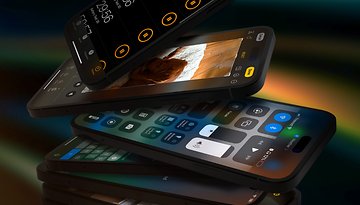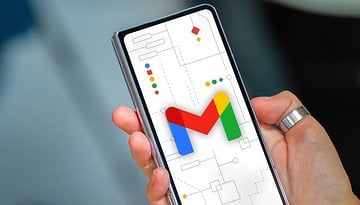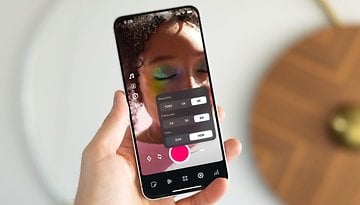Apple iOS 13 introduced: dark mode, privacy control and more
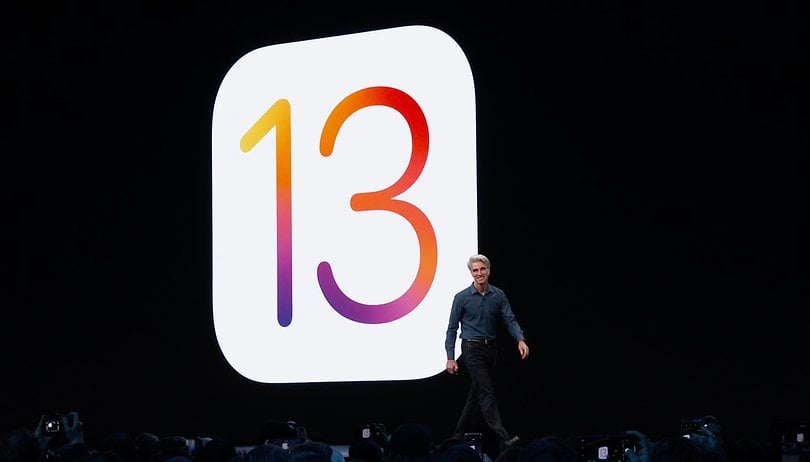

Apple's CEO Tim Cook gave us a good look at iOS 13 during the keynote speech at the opening of the developer conference WWDC19. The finished version of the mobile operating system will be released in autumn this year and will run on the new iPhones.
Dark Mode
With macOS Mojave, Apple has already introduced a dark mode, and with iOS 13, it is now also arriving on the mobile operating system. On the one hand, dark mode is supposed to protect your eyes at night, and on the other hand, it also saves energy with OLED displays because the black pixels do not have to be illuminated.
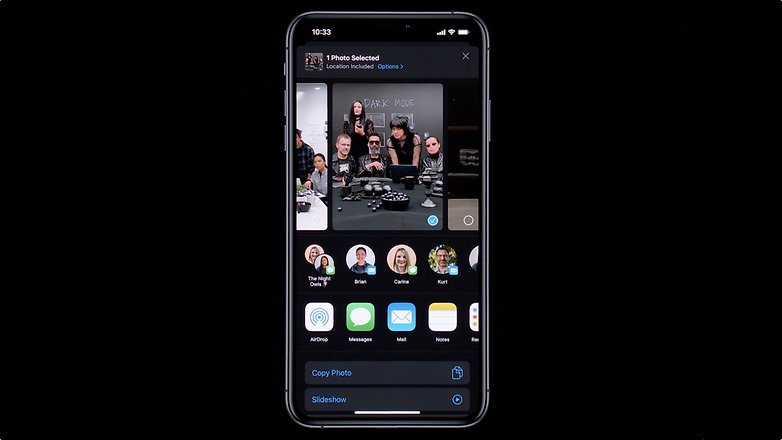
Apple's Dark Mode is integrated system-wide. This means that it can be activated in the system settings and then automatically adopted by other apps. At least from those who support dark mode. It can be assumed that at least Apple's own apps will be adapted before the release of the final version of iOS 13 in autumn, as well as all the big hitters. On the home screen, a change is only visible in the dock. The new dark mode can also be quickly switched on and off via the control center.
New volume controls
Many iOS users are bothered by the outdated volume controls in the operating system. If you currently change the volume in iOS, a relatively large, square dialog is displayed in the middle of the screen that overlays content. The new system isn't so pushy anymore.
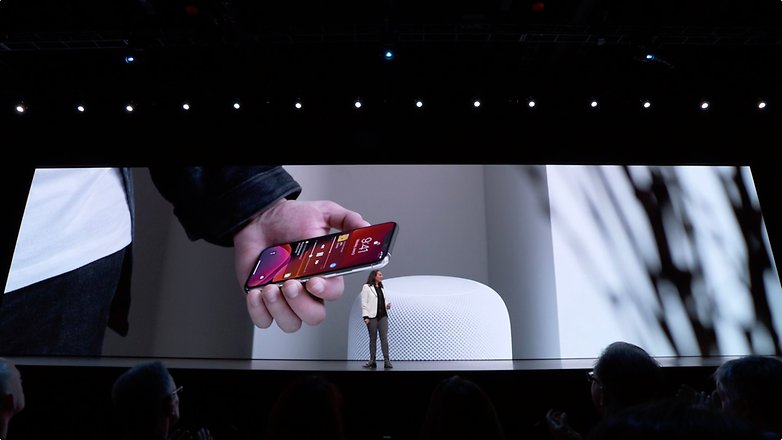
You can now also share whatever audio you are listening to directly to another phone so they can hear to what you're listening to. I used to do this by passing a friend one of my wired earbuds, but, whatever.
New features for iPad users
A number of new features in iOS 13 are intended for iPad users - Apple is rebranding this iPadOS. There was already a lot planned for iOS 12, but then, contrary to expectations, it didn't make it into the final version. Now, iOS 13 provides new multitasking functions. Now different windows of an app can be used via a tab system. On stage, Apple showed two Microsoft Word Documents open side by side on an iPad. TWO Word documents! What a time to be alive.
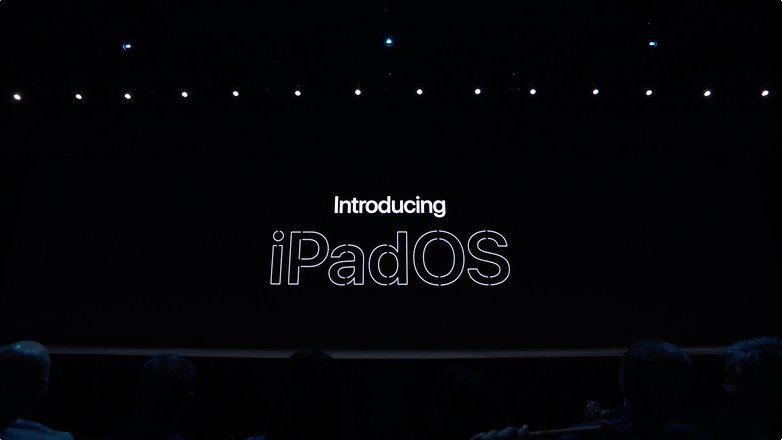
In addition, iPad apps can now use different windows that can also be stacked. This allows individual parts of a window to be detached and moved. There are also 30 new keyboard shortcuts and a download manager. Zipping and unzipping is also coming to iPadOS. iCloud Drive will also support folder sharing.
New gesture controls
Finally, the days when you had to shake your iPhone or iPad to undo an entry are over - at least on the iPad. A new gesture allows you to undo or restore text entries with three fingers. For this, you have to swipe to the left or to the right. There's also a new swipe typing mode called Quick Path. In addition, several entries in lists or tables can now be selected and dragged with several fingers. Similar to what is possible in the Finder on macOS with a mouse or trackpad.
Privacy features
Apple decided to dedicate a whole section of the keynote dedicated to its privacy at the launch of iOS 13. Firstly, you can choose to share your location just once to an app when it asks for it. The app will be required to ask you again the next time it needs to access it. There's also a new 'Sign In With Apple' button for developers to add to their apps - much like we've seen with Google and Facebook. It uses Face ID and opens a new account for every app. Apple says it can do this without revealing any personal information. Apps have to request information, and you can choose to hide your email. If you do this, Apple will make a randomized address that forwards to your email. It will make a different address for every app that you do this for, and you can deactivate any of them when you "get tired of hearing from that app".
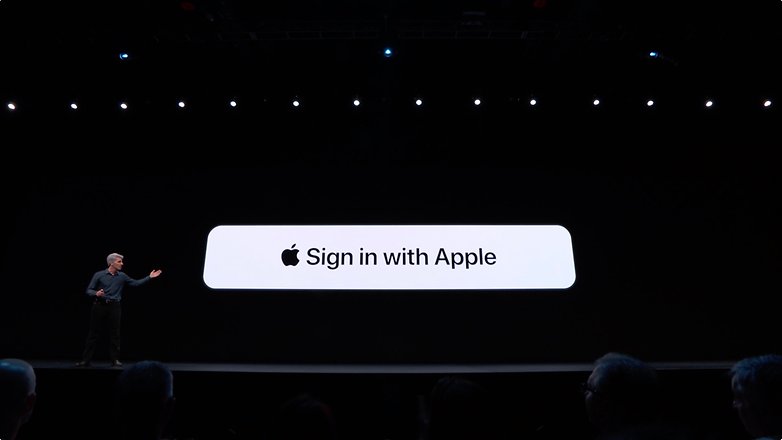
New Photo Editing features
Apple has included an Instagram style editing interface to iOS. There loads of new adjustments that you can make including noise reduction. It looks kind of like Google Photos. The whole thing is coming to video editing too. For the first time ever, you can rotate a video.... if you want to. The Photos app has also gotten a revamp. A new feature called Days uses artificial intelligence to remove duplicate shots and bad photos from to provide you with an album of photos taken on a certain day. Videos will also play directly in the browse mode. You can also do the same for months and years. On stage, a demo of the Years mode showed scrolling through a little girls birthday every year from the day she was born.
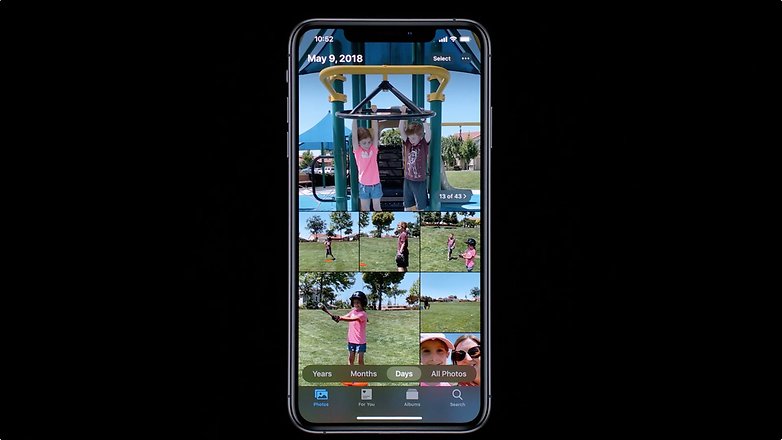
Revised apps in iOS 13
Apple is reworking some of the in-house apps that come with iOS 13. Apparently, download packages are now 5 percent smaller and updates are 60 percent smaller. That means that apps can launch "twice as fast" as before.
Messages
Similar to WhatsApp, users can now set their own profile picture and name, which are then displayed to others in the app. You can choose whether you want to share your name and picture. An extra menu allows the selection of Animoji and Memoji. There was a whole weird video with some beauty influences showing off the latest Memoji features. You can put AirPods on your Memoji. I guess this is what the kids want, isn't it? Memoji stickers are now a thing, too. You need an A9 chip iPhone or later to be able to get into the whole Memoji thing. A quotation function, like is popular on WhatsApp, was nowhere to be seen.
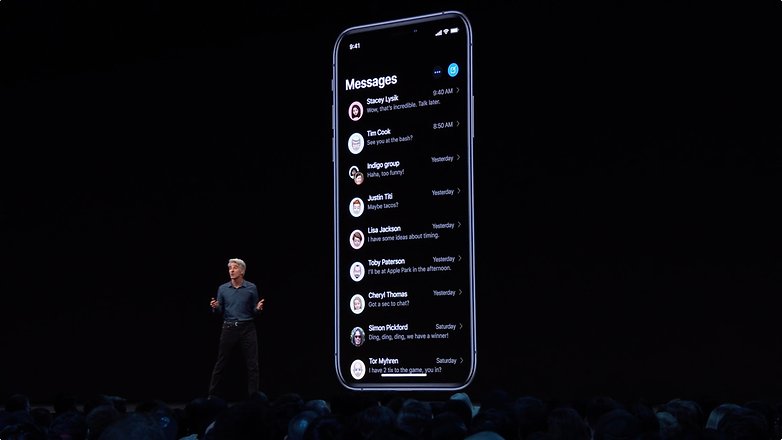
Apple has also finally continued working on its mail app. It now automatically sorts incoming messages into categories such as advertising or invoices. There is a "Read Later" feature and incoming messages can be muted for certain email threads.
Maps
Apple's Maps app will also be able to save frequently visited locations under labels such as "Home" or "Work" to plan routes to these locations more quickly. Apple has been driving and flying around the US to collect land and aerial data to add detail to its map. The entire US will get new maps by the end of 2019. You can now also have a favorites row on the launch screen of Maps. There's also a new "LookAround" feature, which is essentially Google Street View.
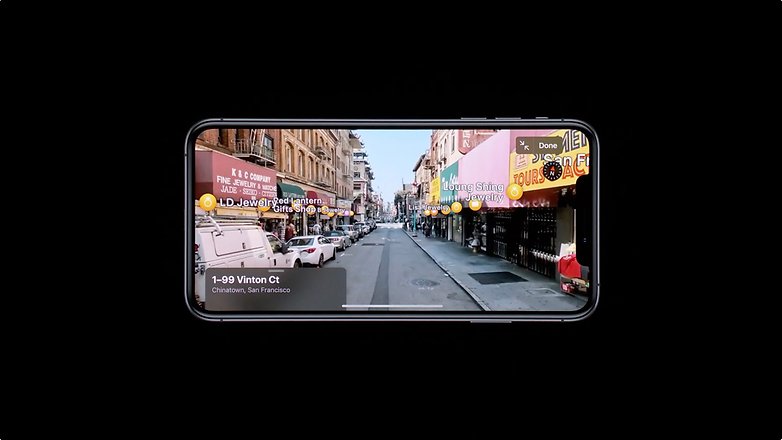
Reminders
The Reminders app has been given a revised design. Entries are now grouped so that there is an overview of all tasks, tasks that are due on a certain date, and tasks that need to be completed today. With predictive reminders, you can essentially just type and the app will predict what you are asking it to remind you of.
Other new features of iOS 13
In addition to the usual speed improvements, Apple has also revised its health app, which now offers a better overview and can also examine at what volume you listen to music. Safari 13 can automatically request the desktop version of a website on iPad if necessary. iOS 13 also makes it easier to add new fonts and there's a new keyboard that resembles SwiftKey.
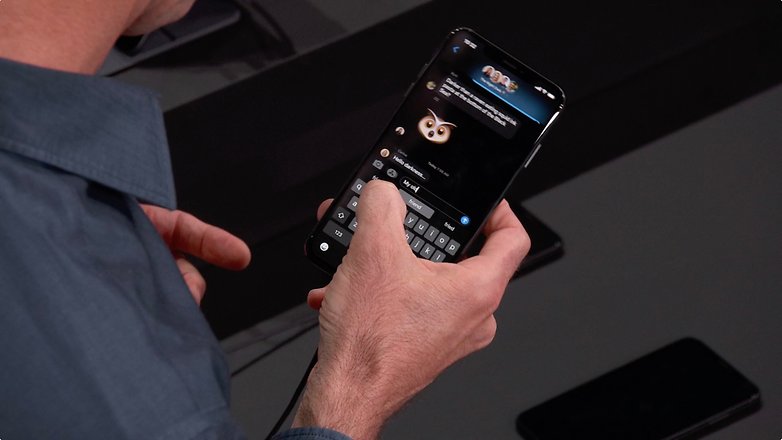
In addition, the Share menu has been revised to suggest contacts and the Screen Time feature introduced with iOS 12 allows you to specify which children can and cannot access it at certain times. The opening, closing, and multi-tasking animations have also been updated. iPads get a feature to connect them to a Mac as an additional display. This was possible before with apps like Duet, but is now integrated into the operating system. The Books app has also been given new functions that are designed to encourage you to read.
When is iOS 13 coming?
First, there will be some developer previews before Apple offers public beta versions that can be downloaded after registration. The final version should be released in September, just in time for the release of the new iPhones. However, there is no exact date confirmed yet.












